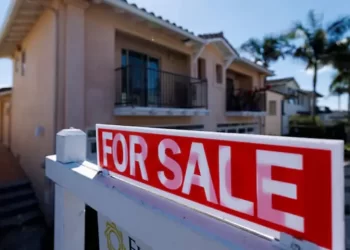DUBAI: Iranians will vote in a run-off presidential election on Friday amid voter apathy and heightened regional tensions.
The run-off follows a June 28 ballot with historic low turnout, when over 60% of Iranian voters abstained from the snap election for a successor to Ebrahim Raisi, following his death in a helicopter crash.
The low participation is seen by critics as a vote of no confidence in the Islamic Republic.
Turnout in Iran’s presidential vote hits historic low of 40%
Friday’s vote will be a tight race between low-key lawmaker Masoud Pezeshkian, the sole moderate in the original field of four candidates, and hardline former nuclear negotiator Saeed Jalili.
Polls open at 8 a.m. local time (0430 GMT) and close at 6 p.m. (1430 GMT), but are usually extended until as late as midnight.
The final result will be announced on Saturday, although initial figures may come out sooner.
While the poll will have little impact on the Islamic Republic’s policies, the president will be closely involved in selecting the successor to Ayatollah Ali Khamenei, Iran’s 85-year-old supreme leader who calls all the shots on top state matters.
Khamenei acknowledged on Wednesday “a lower than expected turnout”, but said “it is wrong to assume those who abstained in the first round are opposed to the Islamic rule”.
Voter turnout has plunged over the past four years, which critics say shows support for the system has eroded amid growing public discontent over economic hardship and curbs on political and social freedoms.
Only 48% of voters participated in the 2021 election that brought Raisi to power, and turnout was 41% in a parliamentary election in March.
The election coincides with escalating regional tension due to the war between Israel and Iranian allies Hamas in Gaza and Hezbollah in Lebanon, as well as increased Western pressure on Iran over its fast-advancing nuclear programme.









